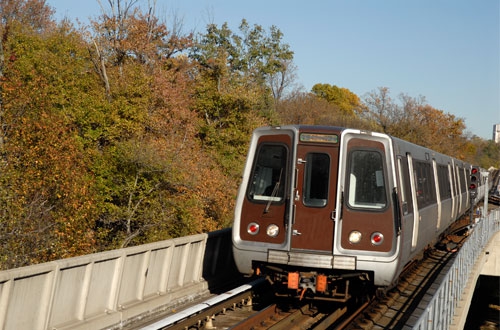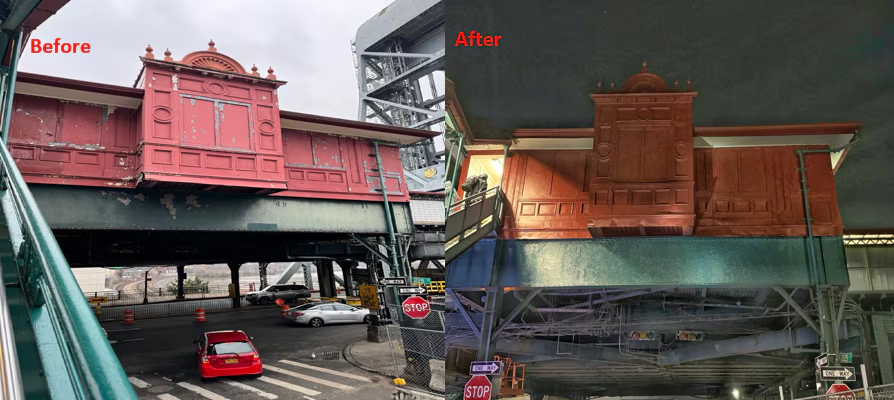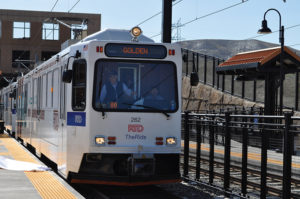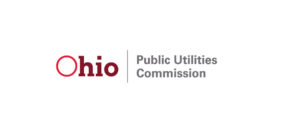WMATA to propose ‘reality check’ budget for FY18
Written by Kyra Senese, Managing Editor
Washington Metropolitan Area Transit Authority (WMATA) officials say they plan to present a stringent budget recommendation to the board’s Finance Committee at its Nov. 3 meeting.
The budget cuts the transit authority’s workforce by an unprecedented 1,000 positions, discontinues some employee health care expenses and optimizes rail and bus services to support current ridership, officials say.
In preparing what representatives referred to as a “reality check” budget plan for FY18, General Manager and CEO Paul J. Wiedefeld is said to have instructed his executive team to completely fund key safety improvements, enhance train and track reliability, minimize management and labor costs, outsource operations where possible, improve maintenance personnel productivity and correlate train and bus services with updated ridership numbers. The proposed budget also supports stricter fare enforcement, a plan Wiedefeld dubbed “Fair Fare Collection.”
“[WMATA] has to face reality when it comes to what the region says it can afford and direct those resources to best serve the riders we have today,” Wiedefeld said. “This plan has Metro doing everything in our power to get major expense categories under control while improving safety and making the trains run on time.”
Officials say WMATA balances the budget through shared contributions distributed among all its stakeholders. While reducing the transit authority’s reliance on federal funding by $35 million, the operating budget assumes $60 million of grant funding for approved maintenance expenses.
With a projected dip in ridership of more than 20 percent compared to that of 2009, rail service would be reduced, making trains run less often during peak and off-peak travel times, though officials say service would be more reliable with aggressive maintenance.
Under the proposed budget, rail service starting July 1, 2017, would function as follows:
- During peak periods, trains would operate every 2-4 minutes at stations served by multiple lines in the system’s core.
- Trains would run every 8 minutes during peak periods instead of every 6 minutes.
- Rush+ trains would be eliminated.
- During most off-peak periods (e.g. midday, early evening, and weekends) trains would run every 15 minutes on each line.
The plan assumes growth in commercial/non-passenger revenue, such as through joint development agreements and advertising. An increased fare is also being proposed to generate $21 million, which officials say is less than 10 percent of the budget gap.
The fare hikes paired with service cuts would bring in about $50 million in revenue from passengers to balance the budget, officials say. Contributions from the jurisdictions are expected to increase by $47 million from Washington, D.C., $44 million from the state of Maryland and $39 million from Virginia.
“The most difficult part of this plan is the impact for [WMATA] customers and employees,” Wiedefeld said. “Tough choices are required to balance the operating budget.”
WMATA’s board of directors will be asked at its December meeting to approve a public hearing and other online and community-based outreach efforts regarding the budget. Community outreach and public hearings would begin in late January, and the final budget, including any service and fare changes, requires approval by the full board in March to take effect by July 1, 2017.





